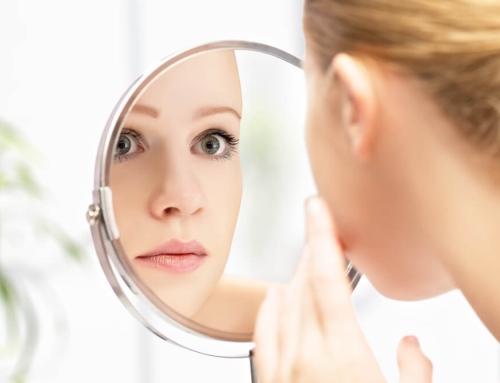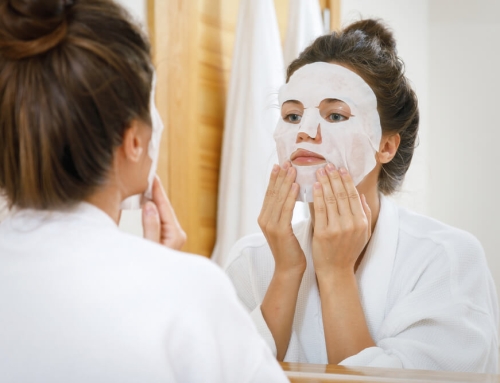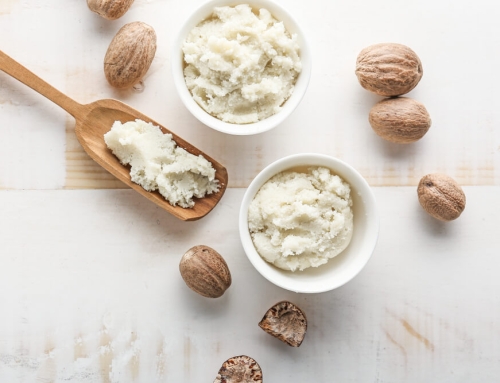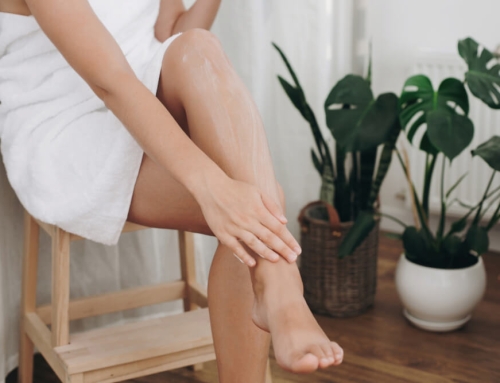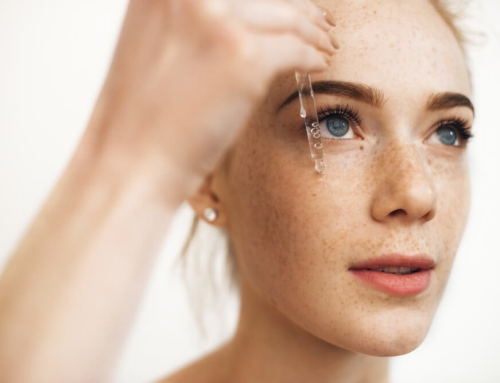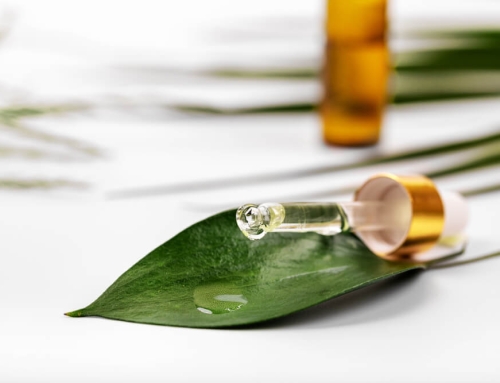When it comes to skin care, hydration and moisturization are two terms that are often confused and used interchangeably. However, the two are actually quite different, and it is only by fully understanding this that you will be able to properly care for your skin.
The Difference Between Hydration and Moisturization
Hydration usually refers to the water content within skin cells, as the upper layers of skin need a constant supply of water in order to remain plump and supple. Moisturization is different, as this forms a protective barrier on the surface of the skin, preventing the loss of moisture and making the skin feel soft and smooth. While hydration also softens the skin, it will not stay this way if there is no protective layer to prevent the loss of moisture. Likewise, if you moisturize skin that is dehydrated, it will continue to look dull, and will likely feel quite tight and uncomfortable.
How Does Hydration Work?
Hydrating products are usually primarily made up of humectants, which work by drawing moisture from the air and bringing it to your skin. Hyaluronic acid is one of the best humectants out there, which is why it is most commonly featured in hydrating product formulas, as it can hold up to 1000 times its weight in moisture. Just like moisturizers, hydrating products will also often contain occlusives, meaning that, in a way, they are also quite moisturizing. However, as explained above, the extra protective barrier that comes from a specialized moisturizer is essential if you want your skin cells to be able to maintain their levels of hydration.
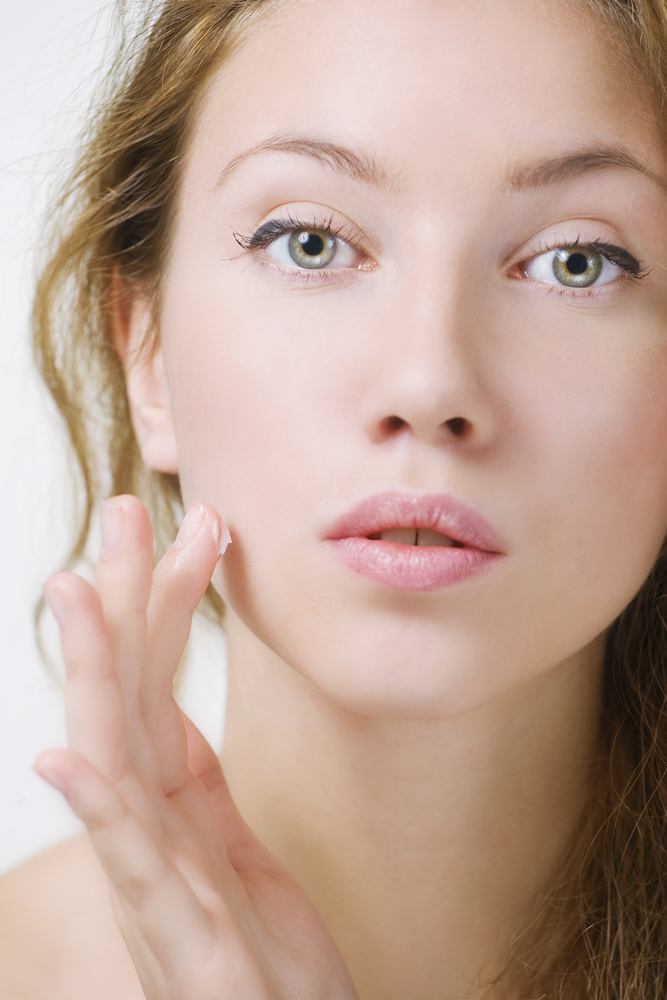
How Does Moisturization Work?
Moisturizers are largely made up of emollients, which help to strengthen the skin’s natural protective barrier, while also lubricating the skin. By filling in all of the tiny spaces that form between rough and dead skin cells, emollients are able to provide a soft and smooth look and feel to the skin. Key ingredients to look out for that have this property include lactic acid, shea butter, silicone, mineral oil, glyceryl and plant oils. Moisturizers also contain a range of other ingredients, such as antioxidants, which provides the skin with extra protection from a range of environmental damage, and occlusives, which form a thick barrier over the skin to prevent water from evaporating.
Hydration and Moisturization
For the healthiest skin possible, you need to make sure that your skin is both hydrated as well as moisturized. The actual products that you use depend on your skin type, because while there are products out there that contain both hydrating and moisturizing properties, these will not be suitable for those with dry or dehydrated skin, as this will need some extra attention. It is also important to remain hydrated from the inside, consuming the necessary amounts of water each and every day in order to keep all of the cells in your body functioning at their best.
Hydration and moisturization are two terms that should not be used interchangeably, as dehydrated skin and dry skin are treated in two different ways. While it may be possible to hydrate without moisturizing and vice versa, you will notice the best results by doing both on a regular basis, ensuring that your skin is never lacking water whilst always remaining protected.


